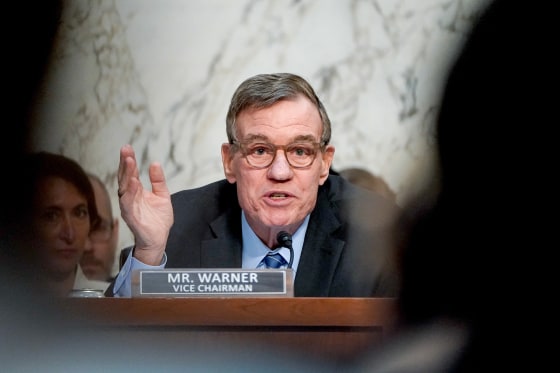How New Crypto Regulation is Shaping the Future of Digital Assets

Crypto regulation is a growing focus among U.S. lawmakers.
The crypto landscape is undergoing major change in the United States. With digital currencies playing a bigger role in finance and daily life, lawmakers are acting fast to set new rules. The Senate’s recent movement on a flagship crypto regulation bill, known as the GENIUS Act, could have lasting effects on both investors and the wider market.
Why Crypto Regulation Matters in 2025
Crypto has long operated in a legal gray area. That situation creates both risks and opportunities. Many users love the openness and speed of digital currencies, but a lack of clear rules exposes investors and the financial system to fraud, questionable reserves, and abuse. Regulation helps protect everyday Americans while also letting the crypto industry thrive in a safe and fair environment.
The GENIUS Act: Key Provisions and Changes
The GENIUS Act aims to be the first federal regulatory framework for stablecoins, which are crypto tokens tied to the value of traditional currencies, like the U.S. dollar. Here are the main highlights:
- 1:1 Reserve Backing: Fully backs each stablecoin with U.S. dollars or equally liquid assets, reducing the risk of collapse.
- Transparency: Requires monthly public disclosures about reserves and annual audits (for large issuers), increasing trust for users.
- Consumer Protections: Sets clear rules for consumer safety, making it harder for bad actors to operate.
- Ethics Rules: Prevents officials from personal profit through stablecoin issuance while in government positions.
To separate fact from fiction, the U.S. Senate Banking Committee provides a thorough breakdown of the bill, debunking myths and explaining why more oversight is needed.
Political Debates and Industry Reactions
The move to regulate crypto is not without debate. Some Senate Democrats worry the bill doesn't go far enough to prevent abuse or ensure national security. Others argue that U.S. lawmakers can’t ignore crypto’s growing importance. As one senator said, “Blockchain technology is here to stay. If American lawmakers don’t shape it, others will.”
The industry sees benefits, too. Kara Calvert, a public policy leader at Coinbase, calls the law a “win” for Americans who need faster and easier payments. The clarity that the bill offers can help the United States remain competitive as digital payments evolve.
Safeguards Against Future Crises
Previous failures in crypto markets showed three big gaps—weak reserves, poor transparency, and minimal oversight. The GENIUS Act directly addresses these flaws:
- Bans risky reserves or under-collateralization
- Enforces public, frequent reporting by issuers
- Grants consumers priority if a stablecoin issuer fails
These guardrails make crypto markets safer for everyone, not just current investors.
What Comes Next for Crypto?
While the Senate has taken a big step, the bill's future in the House remains uncertain. Other proposals exist, and more negotiations lie ahead. Yet, if passed, the GENIUS Act will set a precedent: U.S. regulators are serious about both encouraging crypto innovation and protecting consumers.
Conclusion: The Path Toward Responsible Crypto Use
Crypto is transforming how money moves and how people interact with the financial system. Clear, balanced regulation ensures this technology benefits the many, not just the few. The current push for oversight sets a strong foundation for a safer, more transparent digital asset economy. Stay tuned as Congress debates the final shape of these new rules—because the decisions made today will impact everyone’s digital future.